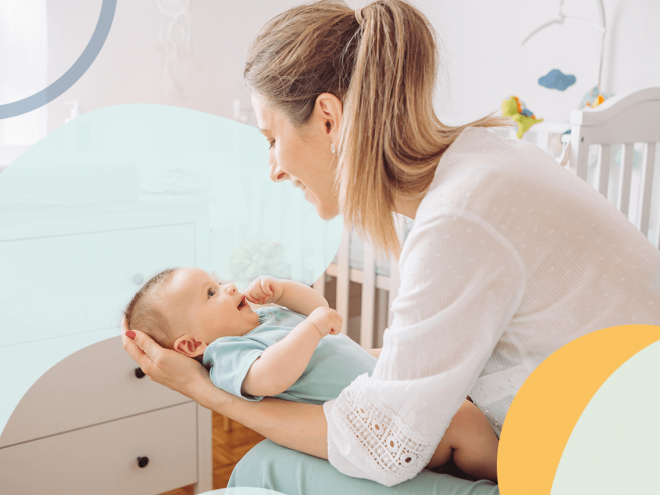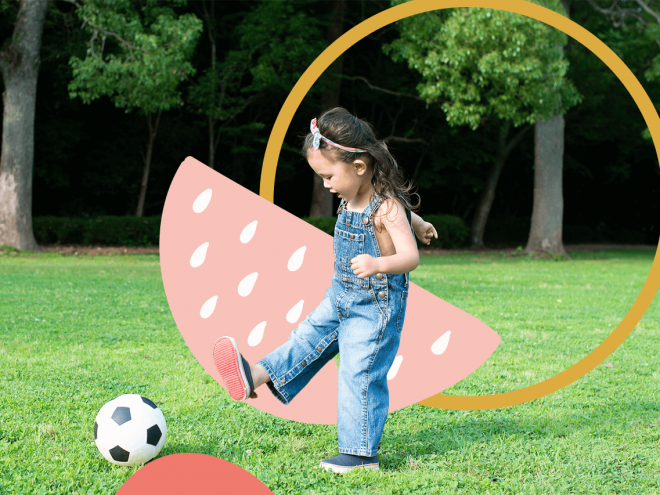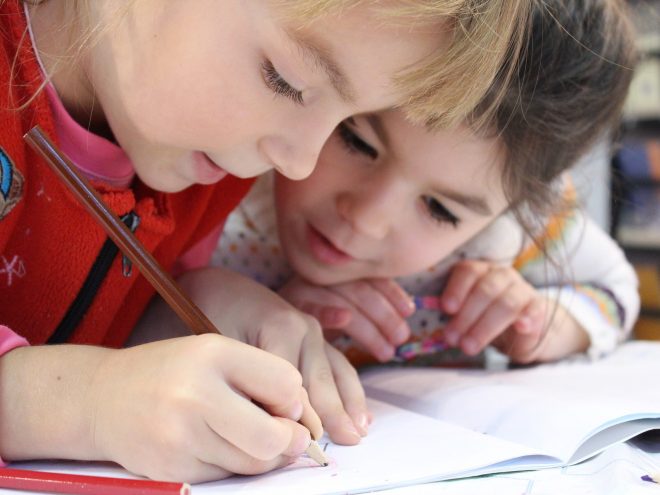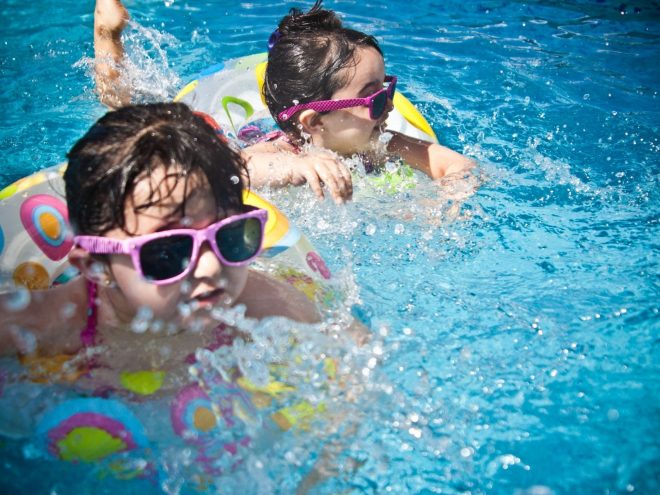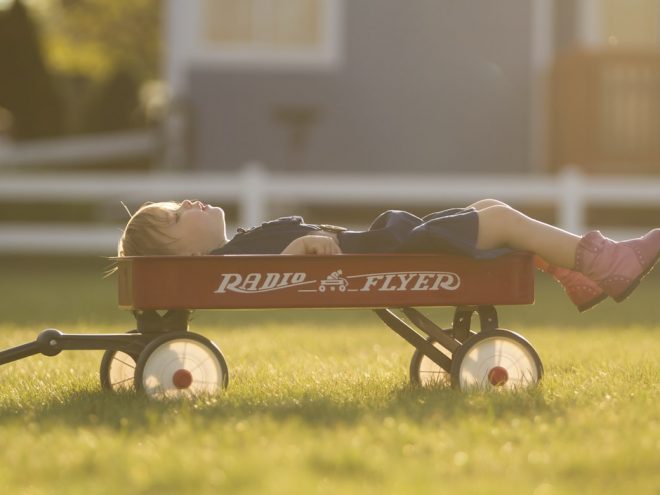
If you are a parent, deciding where to send your child to school can weigh heavily on your mind. After the disruptions caused by COVID-19, you want to make more certain than ever that you make the right choice to avoid future transfers.
One of the most challenging options you face is sending your child to public or private school. Often, economic factors help choose for you, although scholarships can open doors for disadvantaged students. However, you should also know these four other differences regarding public schools versus private schools instead of letting finances alone decide.
Public Schools Do Better With Diversity
People inhabit an increasingly global economy, and industry leaders find that companies with diverse teams often outperform their less diverse counterparts for many reasons. Such workforces are better equipped to solve complicated business problems and innovate through unconventional ideas. It also promotes employee engagement and a sense of ownership in their work product.
Public schools must allow all students to enroll, regardless of factors like income level. While anti-discrimination laws prohibit private schools from discriminating against students for their racial or ethnic background, they tend to attract a more homogenous mix of learners, often from the same neighborhoods and socioeconomic backgrounds.
While there are educational benefits to homogenous groupings, diversity is not among them. As a parent, you must carefully weigh whether any modest boost in book-learning outstrips the perks of exposing your child to a diverse environment more akin to that which they’ll likely face as adults. Your child learns much more than reading, writing and arithmetic — which ungraded lessons do they need the most?
Another factor to keep in mind is whether your child needs special education services. While some private schools specialize in providing equitable services, not all do. In general, you’ll find a much broader array of accommodations and help at a public school, but each case varies.
Private Schools Are Best for Special Interest
What if your child is a prodigy or shows that potential? In such cases, choosing a private school might make the most sense to accelerate their unique talent.
For example, if your child shows promise in the performing arts, some schools specialize in all things theater, music and visual design. Other institutions lend themselves to preparing students for STEM careers.
The one exception where public schools might do better is in the athletic realm. If your child looks like they might become the next Babe Ruth, you need a school with sports. Some private schools provide teams or partner with public schools to offer students such opportunities, but not all do.
Keep in mind that you might have tuition-free options if a flexible schedule is your foremost consideration. Many online public high schools offer students the opportunity to review pre-recorded lectures if work or performance obligations make the traditional 8 a.m. to 3 p.m. grind problematic.
Public Schools Offer Standardized Teaching Excellence
When it comes to hiring decisions, public schools must follow the rules by employing educators who meet all the state-mandated qualifications to hold certification. Even those teachers who hold emergency certificates have a brief time window to meet the requirements for standard licensure.
Private schools, conversely, don’t need to adhere to such guidelines. While many do hire highly qualified individuals to elevate parental trust, they don’t need to do so.
Likewise, they may onboard subject-matter experts who nevertheless aren’t qualified to teach. Even a tenured university professor may lack the requisite skill set to handle a group of 30 8-year-olds, and learning rarely occurs without effective classroom management.
In short, there’s much more to becoming a teacher than knowing the three Rs. Educators go through years of training to learn how to reach students most effectively. When deciding between public schools versus private schools, you should ask what percentage of the staff holds certificates. The more licensed teachers, the better.
Private Schools May Offer Advanced and Specialty Technologies
Finally, when deciding between public versus private schools, consider the available technology. STEM career opportunities continue to grow and offer young people some of the best chances at living wages and benefits like flextime.
If you want to give your child a competitive advantage in a tough future job market, you might consider sending them to one of the top STEM schools in America. They’ll have access to the computer and engineering equipment they need to innovate in today’s market.
Likewise, if your child dreams of attending Harvard or Yale, enrolling them in the right prep school can improve their chances. They’ll enjoy daily exposure to other bright young minds and a rigorous academic course.
Is a Public or Private School Best? It Depends on Your Child
When it comes to public versus private schools, which one is best depends on your unique child. Please ensure you look beyond the sticker price and consider the four factors above when making your decision.
